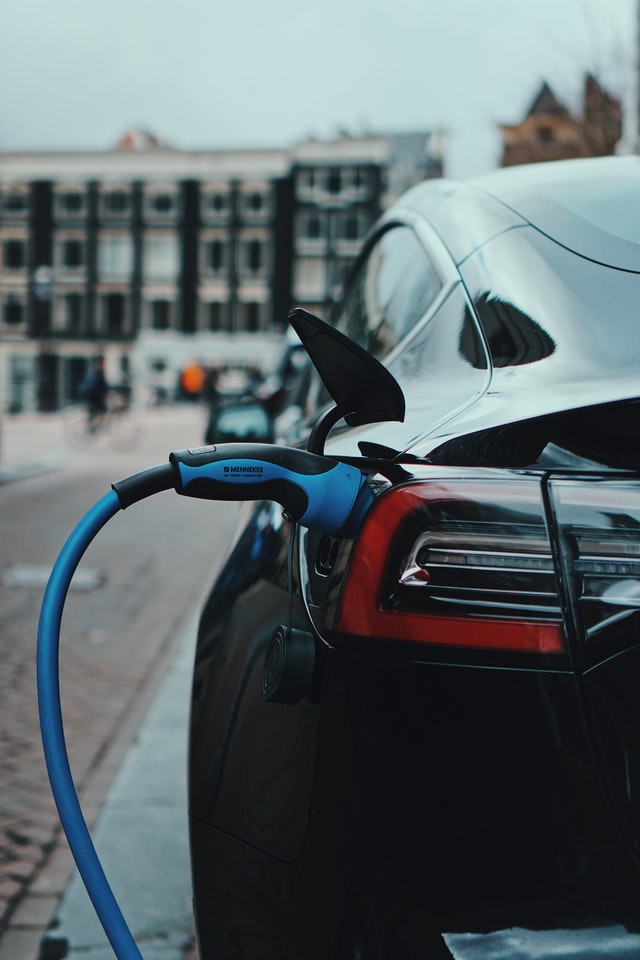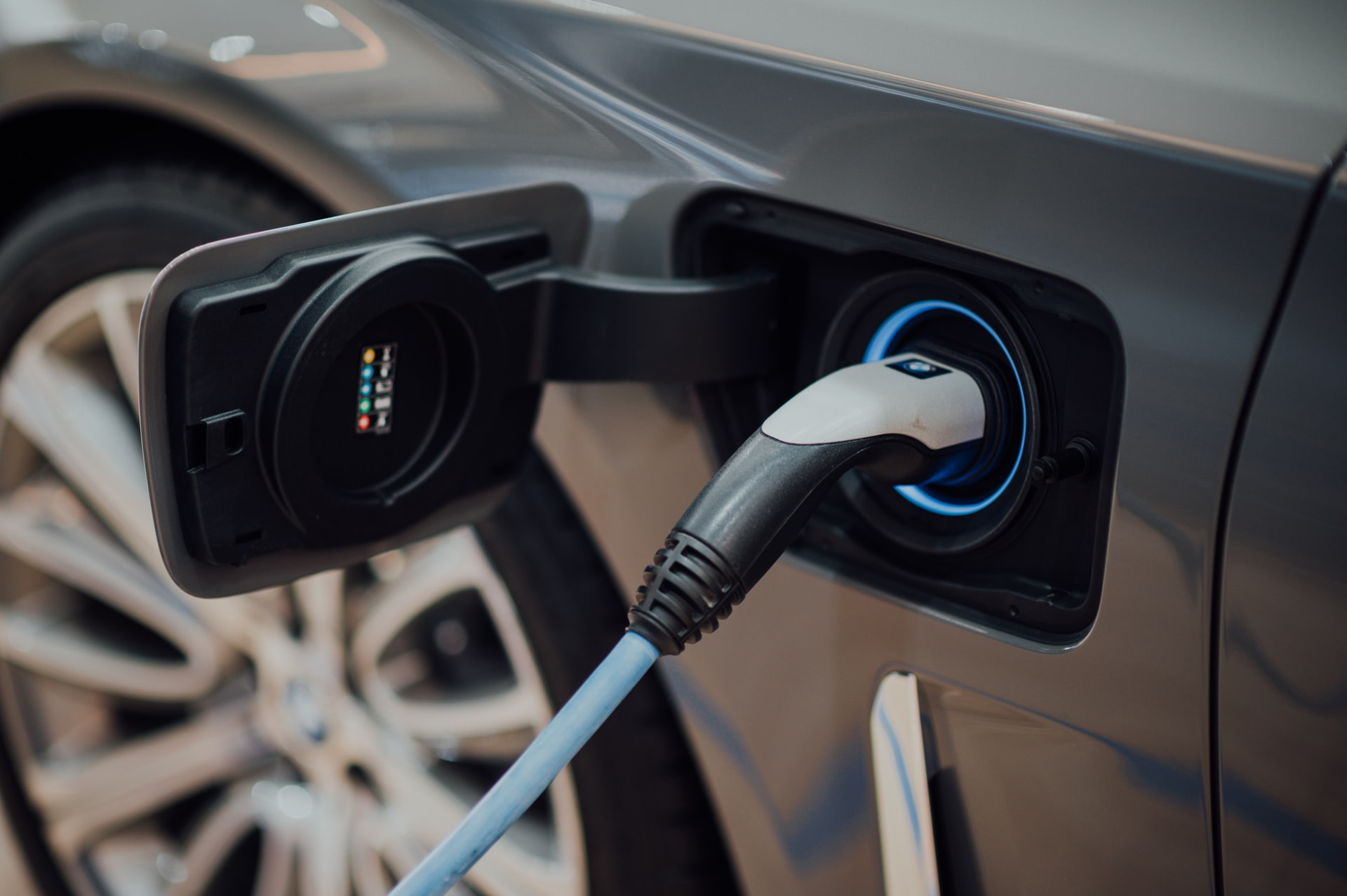In the past, Venezuelans used to say cheap gasoline was the only benefit they enjoyed. Now, people have to stand in long lines to fill up and prices have risen considerably, surpassing the international value. The causes of the shortage include the collapse of the national oil company due to lack of maintenance, and the sanctions that prevent the importation of gasoline.

Electric cars, motorcycles and bicycles have become an option for drivers. A few months after the shortage worsened, electric vehicles began to be exhibited in dealerships and on social networks.
Now, although some are seen on the streets, they are not many people’s first choice, after all, many still doubt whether it is a viable alternative because the power grid has collapsed on several occasions leaving the country in the dark for days. Where could you recharge when the city goes without power for 24 hours? Can the constant electrical outages cause damage to the car engine? These are the questions that head a long list of doubts.
The reality is that Venezuela is a country in collapse where electric cars are beginning to be an option. It sounds contradictory that a nation that has experienced around 300,000 electrical failures since 2019 (according to the Committee of People Affected by Blackouts) is becoming interested in vehicles that use this system, but it seems to be related to the process of survival and adaptation.
Also, paradoxical are the costs of these second-hand cars, which range between US$18,000 and US$45,000 in a country where the monthly minimum wage is around US$2. In other words, an average worker would have to work more than 600 years to be able to buy the cheapest version of the models that have arrived in the country, and about 25 years to buy an electric motorcycle.
The entry of vehicles into the country has been made possible by the opening of automobile imports to private individuals, which were restricted until recently by the government. In the past, cars of different brands were assembled in the country but, after a series of national measures that affected the industry over the last 15 years, sales went from 500,000 new units per year to 65 per month, according to figures from the Chamber of Venezuelan Auto Parts Manufacturers.
The scarcity of electric vehicles in the country and the paralysis of a large part of the automotive industry may cause problems with maintaining the vehicles, which also harms buyers, making the option to drive an electric car in Venezuela more unfeasible.
This new buying trend (on a minimal scale) suggests the human being’s driving force, does the world have to go through a critical time to be conscious? Probably. However, it seems that not much is learned from collective crises that do not affect the individual. Perhaps the crises should touch what matters most to each person to focus on new options.
Are Venezuelans who buy these vehicles contributing to the world with sustainable energy products or are they fleeing the gasoline shortage crisis? The consumer trend is definitely arriving late to the country and in the midst of the gasoline difficulties, it is obvious that people are not thinking about the environment in this scenario.
For Venezuelans, contemplating another type of transportation was not a priority; with gasoline so cheap, people drove their cars to buy bread three blocks from home. There was total dependence. These days, citizens think very carefully before spending on every gallon, which has made some consider buying these vehicles.
In Venezuelan streets, these automobiles are still a novelty and charging points are almost nonexistent. Will Venezuela be adapting like the rest of the world, will it now think more about renewable energies, or are electric cars just a trend while the country makes a new adaptation?
Image credit: CHUTTERSNAP and Precious Madubuike

